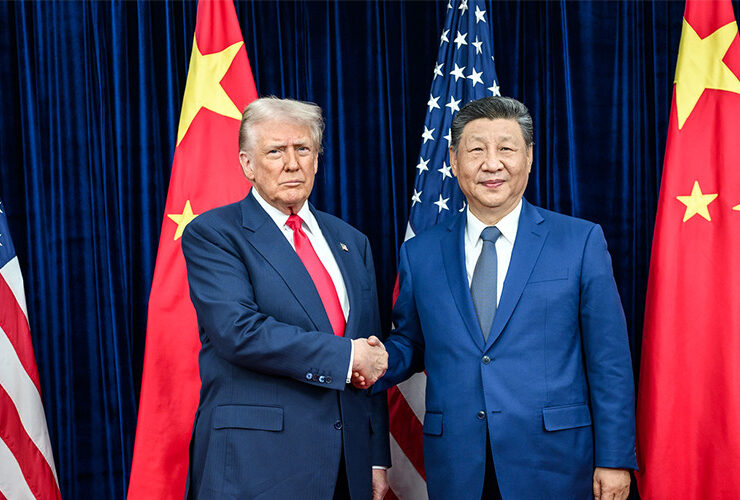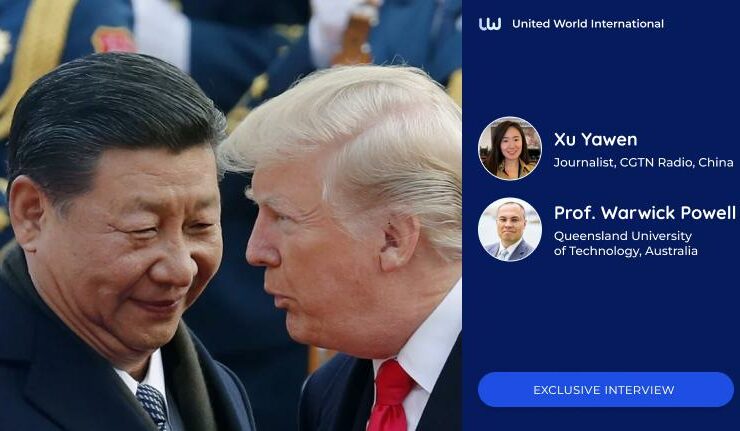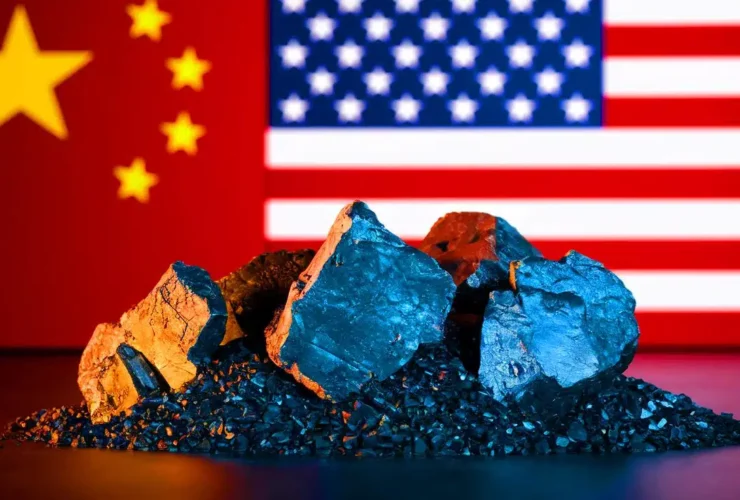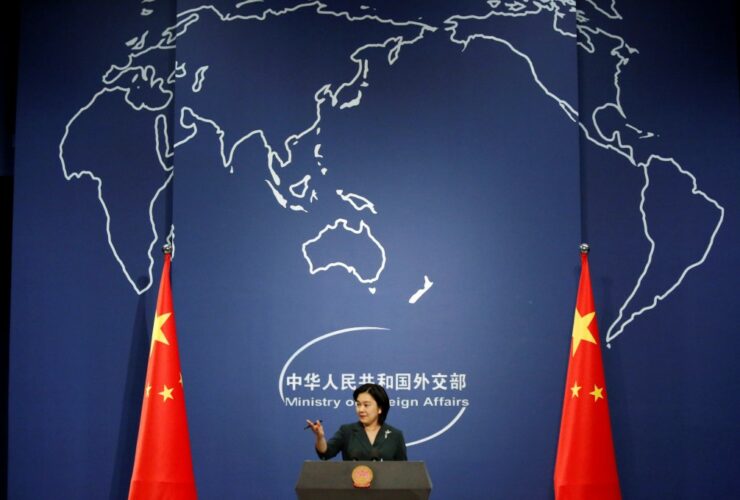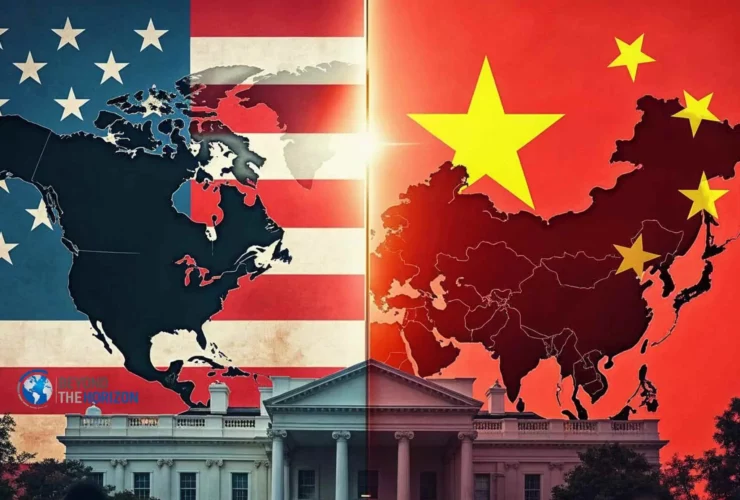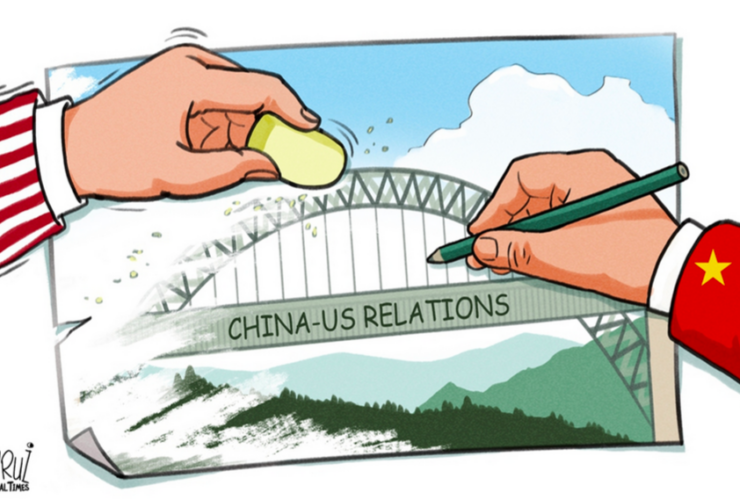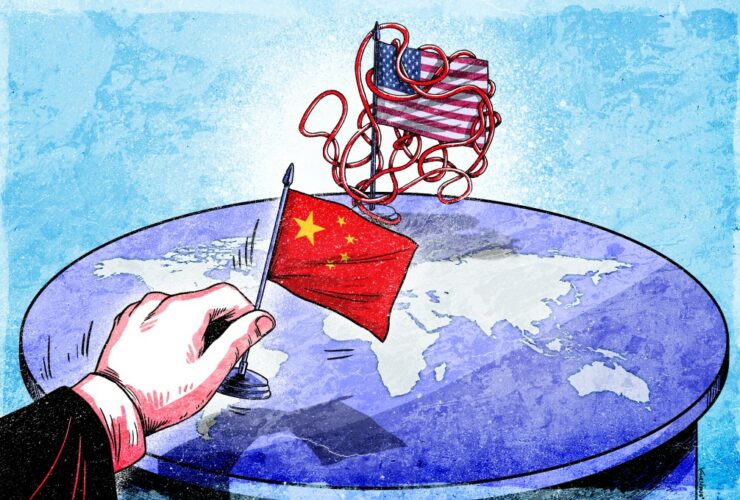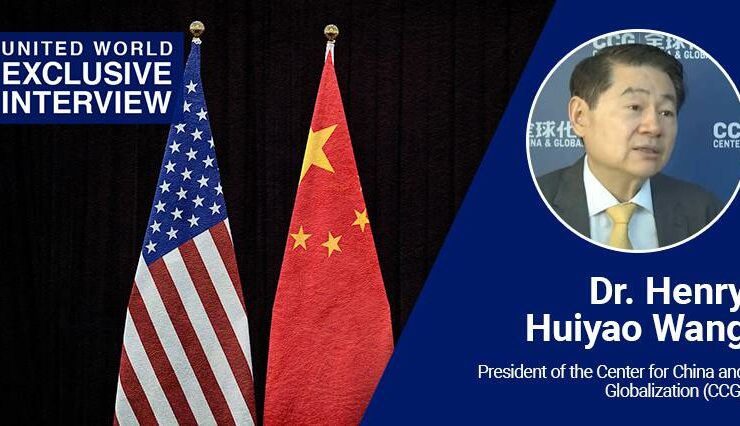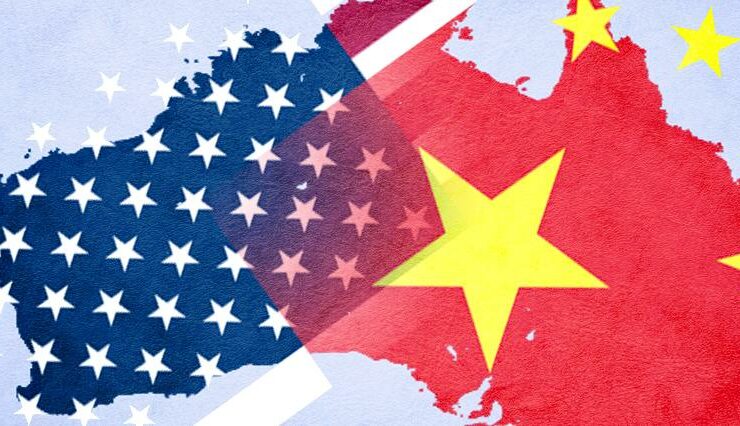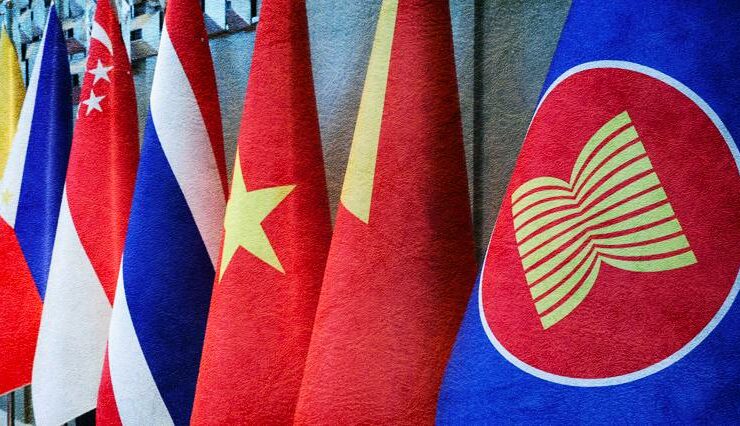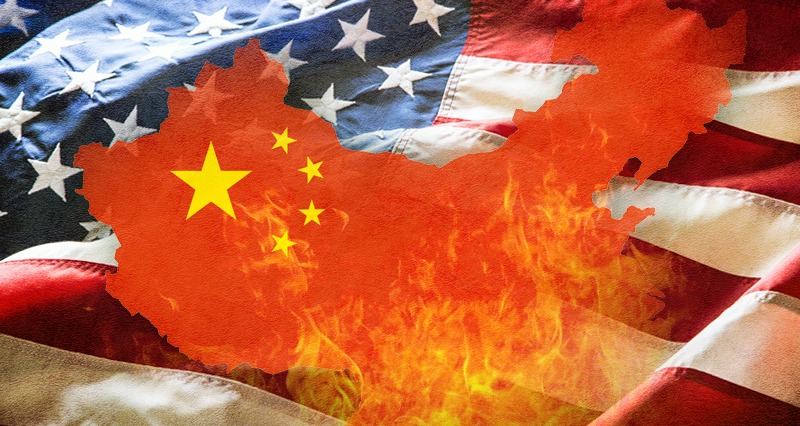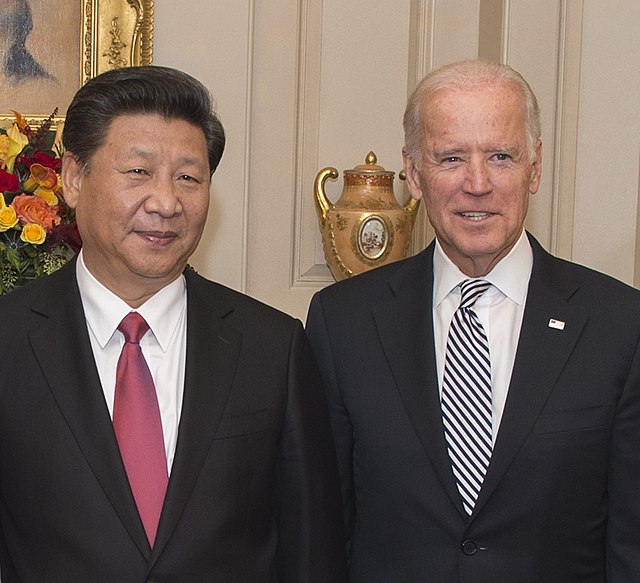Strategic autonomy knocks at the door Orçun Göktürk, from Beijing / China At the meeting between U.S. President Donald Trump and Chinese President Xi Jinping in Busan, South Korea, the two sides reached a truce on trade. Yet behind this agreement lies a deeper reality: a structural transformation in U.S.–China relations that has become irreversible. The old order is dying, ...
The American people are paying the price for Trump’s tariffs By Özgür Altınbaş We discussed the ongoing tariff war between the United States and China with Adjunct Professor Warwick Powell from Queensland University of Technology and Xu Yawen from CGTN Radio. The experts stressed that the U.S. is making a strategic mistake and harming its own domestic economy. They also ...
With this decisive maneuver, Beijing has begun to bring the tension with the U.S. onto its own terms. By Orçun Göktürk, from Beijing / China While the world was focused on U.S. President Donald Trump’s essentially “dictated” ceasefire in Gaza, his 20-point “Peace Plan,” and diplomacy in Western Asia, an unexpected move from Beijing redrew the global economic map and ...
On Beijing’s very recent international efforts. While the United States designs wars, plans invasions, decides on sanctions, and implements tariffs against the entire world, China quietly advances its peace diplomacy. While Washington rhetorically spews forth its plan for planetary destruction, which it Machiavellianly executes, assuming that this will allow it to maintain its global hegemony, Beijing, quietly, builds a dynamic ...
For the greater part of the region, the strategic issue is whether America is trustworthy. By Mehmet Enes Beşer The return to the world scene by Donald Trump, albeit more ambitious and with greater political desperation this time, has revived debates over the American foreign policy future—particularly in Asia. His caustic diplomatic style, transactional diplomacy, and disdain for multilateral organizations ...
How the trade war began in 2018. Despite Trump’s pragmatic decision to seek rapprochement with China that would foster ongoing high-level communication and stimulate cooperation, an atmosphere of uncertainty began to surround the relationship between the two countries, given the contradictory signals emanating from Washington. The presidents’ conversation on February 10, 2017, did nothing to calm the winds of conflict ...
China needs to concretely reconceptualize its approach to the region. By Orçun Göktürk, Beijing/China Donald Trump made his first foreign visit to the Middle East, breaking with the tradition of US leaders to visit NATO or European countries after their election. Trump’s visit poses a significant risk to Beijing’s regional interests, which are critical to the region’s economic and geopolitical ...
Chinese expert proposes to the EU to build the world’s largest free trade area. By Yunus Soner, from Antalya / Türkiye We are continuing our series of interviews conducted on the Antalya Diplomacy Forum that took place 11-13 of April. Dr. Henry Huiyao Wang is founder and president of the Center for China and Globalization. Hence, the interview started with ...
The increased rivalry between Washington and Beijing, particularly on the technological and military arenas, can potentially cause more economic disruption. By Mehmet Enes Beşer The rekindled US-China tensions once more left Australia in a delicate economic position. A nation deeply engaged with both superpowers—strategically aligned with Washington but economically with Beijing—Australia is faced with a sour dilemma endangering its long-term ...
ASEAN countries hope to pragmatically benefit from the rivalry between the two global powers By Orçun Göktürk, Beijing / China President of the People’s Republic of China, Xi Jinping, paid visits to Vietnam, Malaysia, and Cambodia during a period when the trade war with the United States was intensifying. These countries hold great significance for China. Since the first trade ...
Orçun Göktürk/ Beijing, China China has recently hosted a number of high-level American politicians and business figures. First, US Treasury Secretary Janet Yellen arrived in Guangzhou, the landmark city of China’s Reform and Opening Up era, in early April. She was followed by US Secretary of State Blinken and, most recently, Tesla CEO Elon Musk. US Treasury Secretary Yellen made ...
By Orçun Göktürk, President of the Turkish-Chinese Belt and Road Institute The Xi Jinping-Joe Biden meeting was a low-tension meeting and resulted in a few common agreements. Yet, a bright scenario for the future of the relationship does not seem likely. Undoubtedly, the Biden-Xi meeting was the most anticipated and important bilateral summit of 2023. For much of the year, ...







